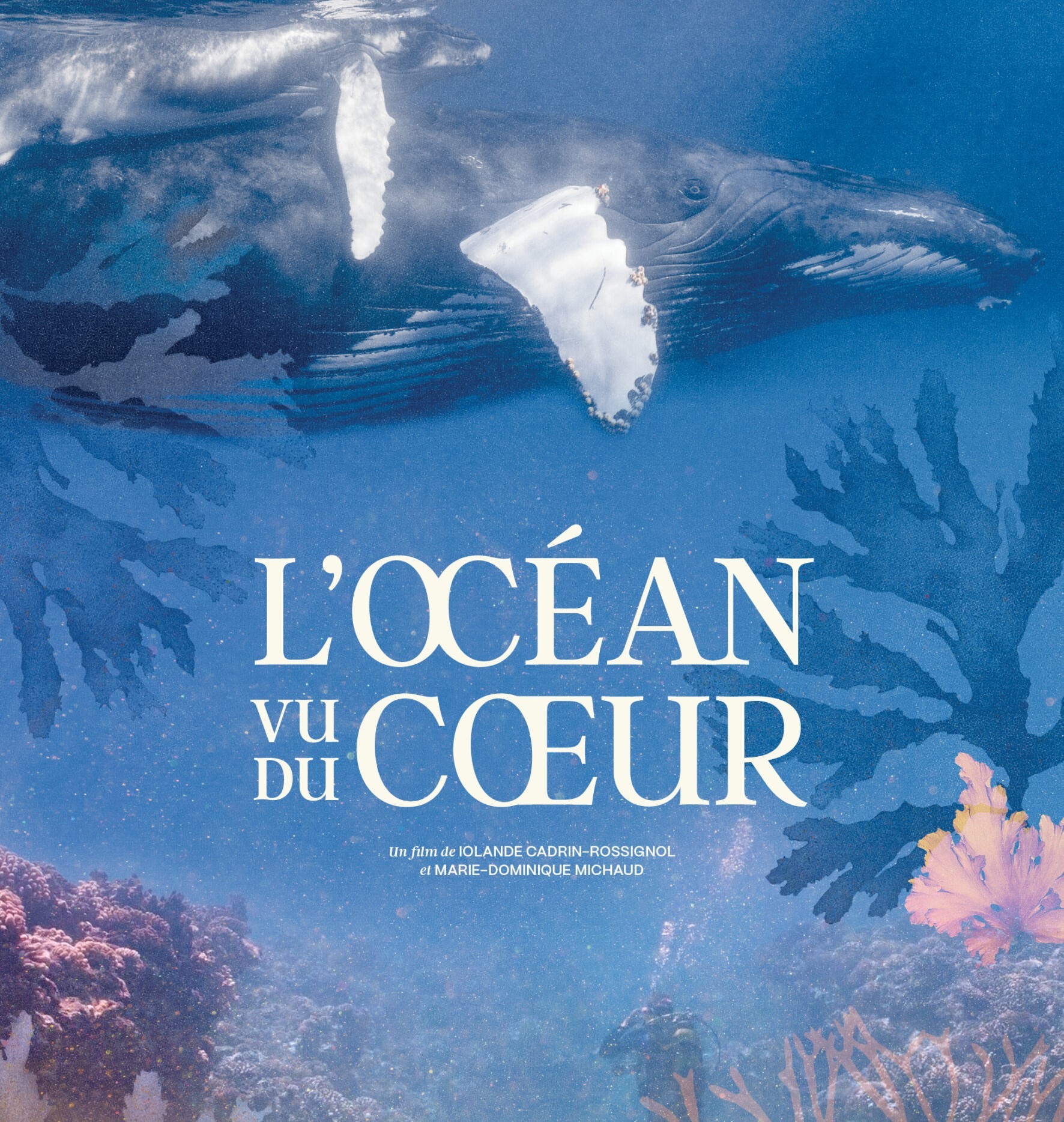These four researchers – three Dutch and one American – were able to tap into a goldmine: millions of books published since 1850, complete copies or summaries of which can be accessed free of charge on Google Books. In their introduction, they noted that reading so many books “would have taken thousands of years.”
They conducted a so-called “global linguistic analysis”, using more than 5,000 common words in English and Spanish, and then compared the occurrence of words sometimes associated with rational – identify, infer, etc., as well as scientific terms – sometimes emotion – feel, honesty, pleasure , etc. Furthermore, since current debates about “post-truth” often associate it with individuality – all opinions are the same, my opinion is better than facts, etc. – they have also attempted to search for occurrences of terms denoting the individual (I/I/We) Unlike those referring to the group (he/she/they, in English, he she they). their research Appeared in December in Proceedings of the National Academy of Sciences.
As a result, words associated with rationality increased systematically after 1850, while words associated with emotions declined. But the trend has reversed since the 1980s, a change that appears to have accelerated since 2007 (analysis halted in 2019). At the same time, we have also seen a shift from “collective” to “personal”. Moreover, sociologists and psychologists have made this observation quite often in recent decades; It is an observation now “supported by a strong trend toward the use of singular versus plural pronouns, beginning in the 1980s.”
Perhaps most telling is the fact that these changes appear in both fiction and “realistic” books. These changes also appear in articles The New York Times, “indicating that it was not made by the book.”
In short, “Our research indicates that over the past decades there has been a marked shift in the public interest from the collective to the individual, and from the rational to the emotional.”
Their research also opens the door to other hypotheses that have surfaced over the years. For example, this conflict between “individual” and “collective” concepts can also be explained, they write, by how these concepts “correlate to two fundamentally different ways of functioning” of our brain, sometimes referred to as “fast thinking.” and “slow thinking.” ‘.
“Quick Thinking” refers to all the decisions we make in seconds, or even milliseconds, and thus can be more related to the emotional pole. Slow thinking, on the contrary, refers to thinking, the times when we weigh the pros and cons before making a decision, and thus can be linked to the logical pole. Therefore, this evolution in word choice could, in theory, reveal an evolution in our ways of thinking, arguing, and deciding — on a grounds that have been increasingly emotional since the 1980s.
This last explanation, emphasized by these four researchers, is speculative. The collection of books composed only of books has its limitations, and the evolution of vocabulary is inevitably aligned with the evolution of mindsets and technology. But other researchers suggested such a development in language before them, and the fact that it is present in both fiction and non-fiction novels could be a precursor to a more profound social transformation. Decisions made less and less based on facts and more and more on opinions?

“Music guru. Incurable web practitioner. Thinker. Lifelong zombie junkie. Tv buff. Typical organizer. Evil beer scholar.”







More Stories
The Air and Space Forces want a “modular” plane to replace the Alphajet
Spain confirms that it is holding talks with Morocco
The thickness of the ice crust in Europe will be 20 kilometers